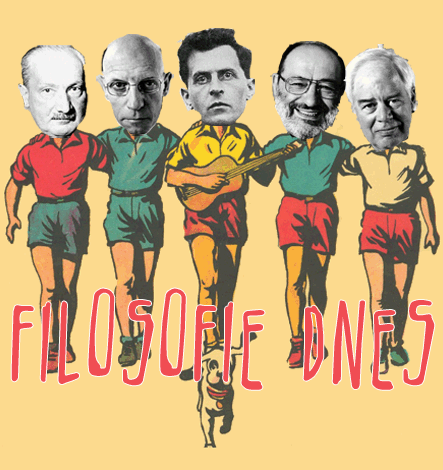Brentano's theory of truth
DOI:
https://doi.org/10.26806/fd.v4i1.74Keywords:
Brentano, fenomenologie, teorie pravdy, pravda, soudAbstract
The article describes the development of Brentano's conception of truth as well as the ontology which is closely connected to different attempts of Brentano's definition of truth. First of all comes Brentano's early view of truth as a correspondence between judgment and object into consideration. This conception brought Brentano face to face with peculiar kinds of entities which are to vouch for truth of judgments concerning non-existent objects, privations etc. Brentano was eventually forced to leave his original definition behind and substitute it with a new definition of truth as evidence. He also embraced a reductive stand towards supposedly unreal entities which are to be interpreted as fictions caused by insufficient analysis of semantic structures of judgments. The study ends with a presentation and critique of brentanian analysis of semantics of judgments concerning unreal objects.
Downloads
Published
Issue
Section
License
Authors who publish in this journal agree that:
1. Authors retain copyright and guarantee the journal the right of first publishing. All published articles are licensed under the Creative Commons Attribution license, which allows others to share this work under condition that its author and first publishing in this journal was acknowledged.
2. Authors may enter into other agreements for non-exclusive dissemination of work in the version in which it was published in the journal (for example, publishing it in a book), but they have to acknowledge its first publication in this journal.
3. Authors are allowed and encouraged to make their work available online (for example, on their websites) as such a practice may lead to productive exchanges of views as well as earlier and higher citations of published work (See The effect of open access).


